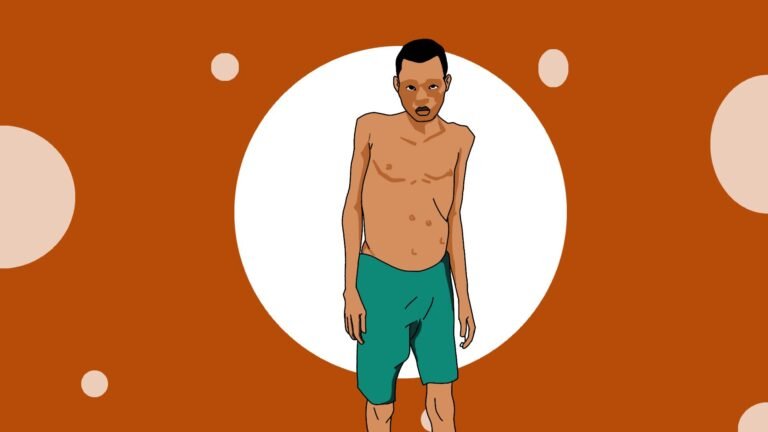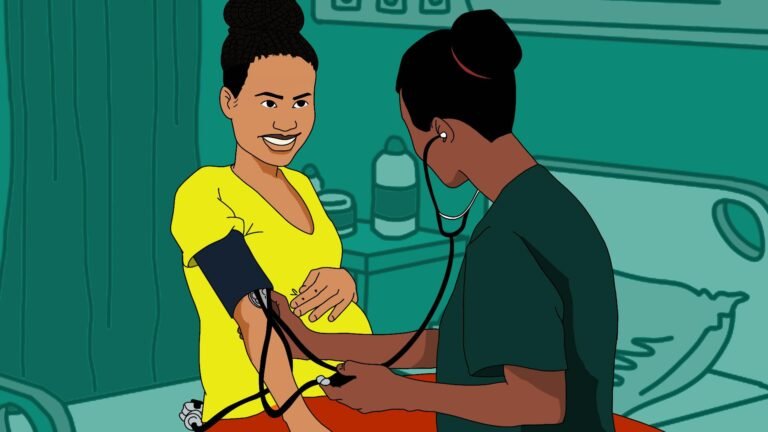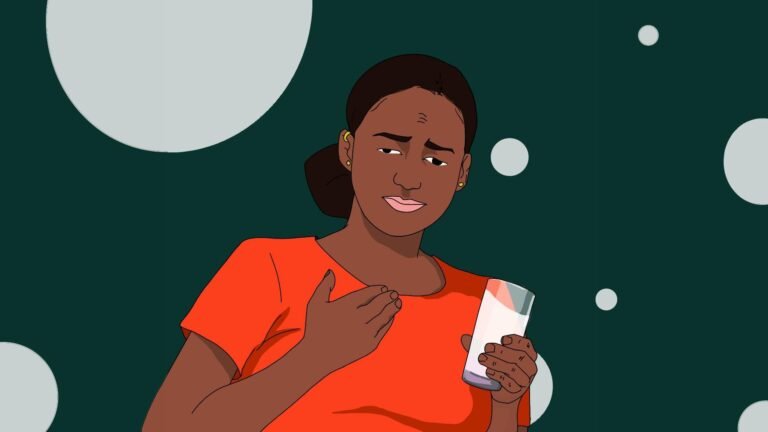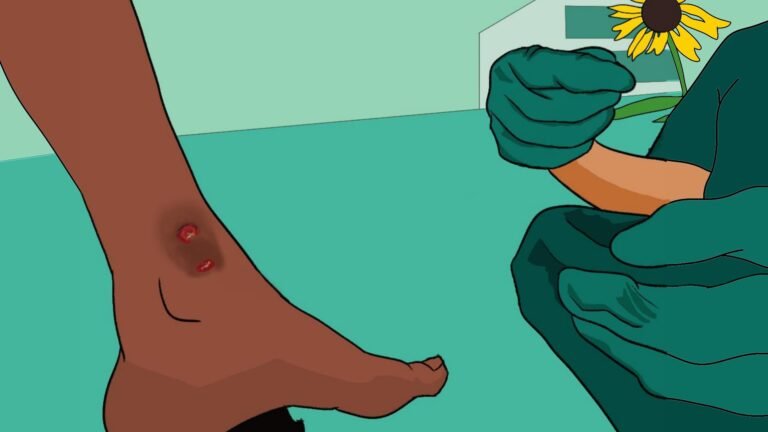Leprosy
Leprosy Introduction: Leprosy in Africa Leprosy, also known as Hansen’s disease, is a bacterial infection that has affected people for centuries. Although many think it is a disease of the past, leprosy still exists today, particularly in some parts of Africa, Asia, and South America. According to the world health organization (WHO), Africa recorded over…










